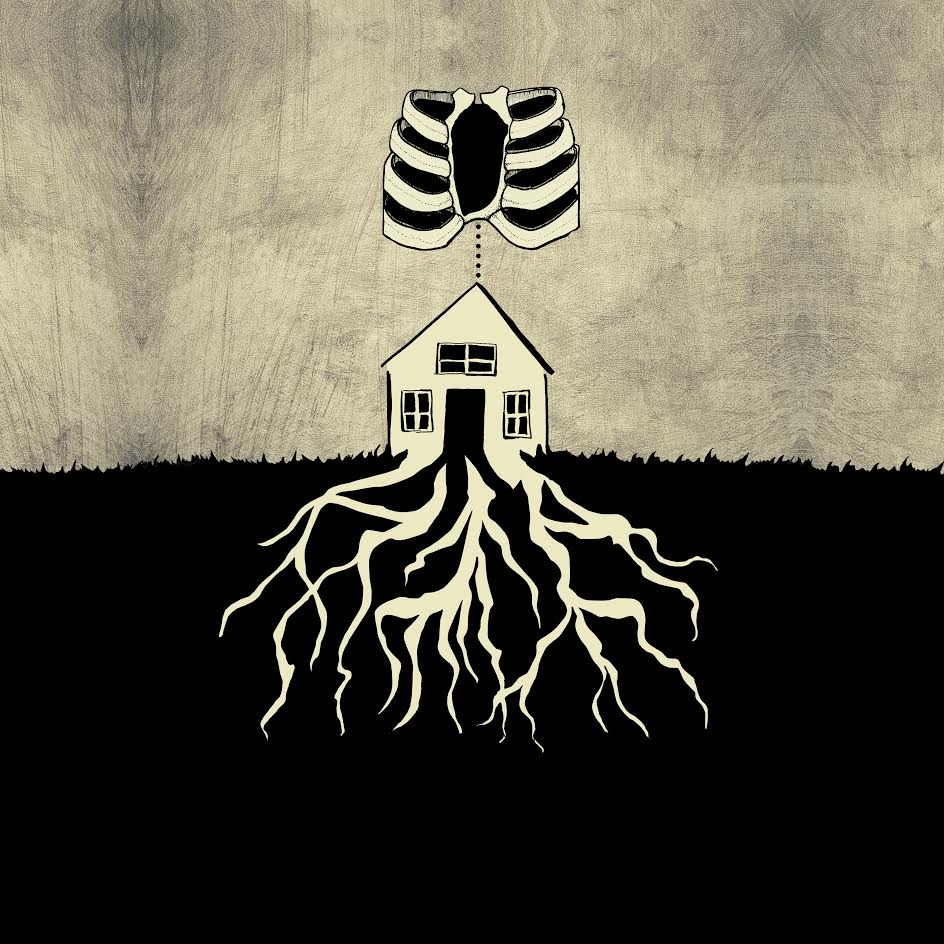Review: Setting Bones and In Stitches at Fringe
/The 2017 Fringe Festival ran from September 7 to 17, and was full of exceptional theatre performance. If you missed it this year, be sure to start Fringe-ing next time around!
Photo courtesy of the Fringe Festival 2017
How do we know what is home? Is it the location in which we live or have lived? Do the stories of our ancestors shape what is home? What does home mean when we are displaced?
These are but a few of the questions that came up in the explorative piece, Setting Bones. The play follows three siblings as they are forced face to face with family trauma, displacement, and struggles with their diasporic identities after the sudden deaths of their mother and grandmother.
Created by Anoushka Ratnarajah, Kamee Abrahamian, and lee williams boudakian, Setting Bones also focuses heavily on queer identity and the intersections within cultural histories and identity. It is the newest production from interdisciplinary arts company Kalik Arts, whose mandate focuses on the stories of women, queer, trans and gender-nonconforming folks and people of colour.
The play’s three siblings reminisce as they pack up boxes upon boxes, discovering photographs, clothing, and other memories of previous generations. They fight, they cry, they laugh. It is a difficult journey but the creators managed to skillfully pack all the material into one hour.
The play includes an interesting meta aspect to it, as the conversation trails off into creative choices around the piece, integrating the personal history and narrative of the creators into those of the characters. Setting Bones is funny at times, heavy at others, but both relatable and deeply personal. Above all, it is a heartfelt and deeply thought provoking piece.
Photo by Andy Hollingworth
Katharine Ferns’ In Stitches is one woman’s exploration of her past. It is a life story sprinkled with a stand up comedy act. What the audience experiences is Ferns’ journey towards whatever closure she can get; we are privy to her process of using humour as a therapeutic tool. But despite the laughter, it is not easy to watch. Ferns tackles a number of very difficult topics: domestic violence, addiction, mental health, chronic pain. She does not shy away from anything and she remains unapologetic. The greatest description of her performance could actually be found in watching her audience: some people were uncomfortable, many people laughed, a few were stone-faced and silent, a number gave her a standing ovation, one walked out. What Katharine Ferns does is unapologetically own her story—every scar, every embarrassing moment, every joke. It is all on her terms, and that can be both empowering and intimidating (depending on who you ask).
Like many girls and women, she grew up thinking that she only deserved love if she was perfect. This show throws up a big middle finger to that. Ferns’ humour is hilariously self-deprecating and relatable as she lists all the ways in which she is flawed and deeply imperfect: she cuts her own bangs after a few drinks (who hasn’t?), she has a Google Alert set for her name (who wouldn’t?), she sometimes has questionable taste in sexual partners (who doesn’t?). But In Stitches is an ode to these flaws, an acceptance of her past and, most importantly, part of Ferns’ journey—one which she is still on, making it all the more raw and intimate.
Ferns ends the show by notifying the audience of her next step: to return to her small town in Alberta and open herself up to an audience of the people who were part of her darkest days, to the friends and acquaintances of her abuser, to the police officers, to the doctors and nurses who frequently saw her because of domestic violence, to the people who watched her grow up, who know personally other perpetrators of violence whom she mentions by name. Ferns exposes the next step of her journey, letting the audience in.
So, Katharine, if you’re getting a Google Alert right now for my review of your show, best of luck. You’ve got this.







